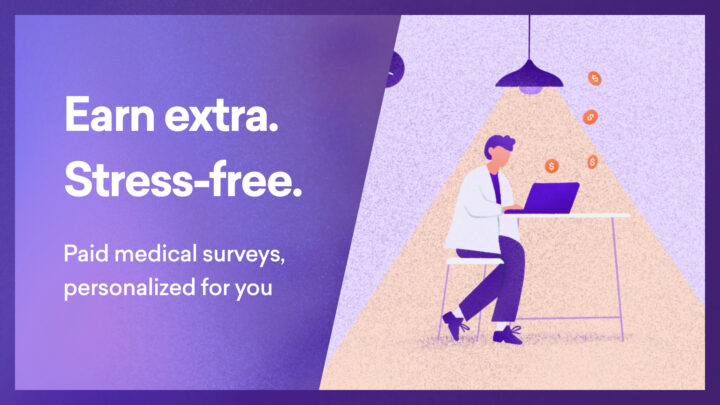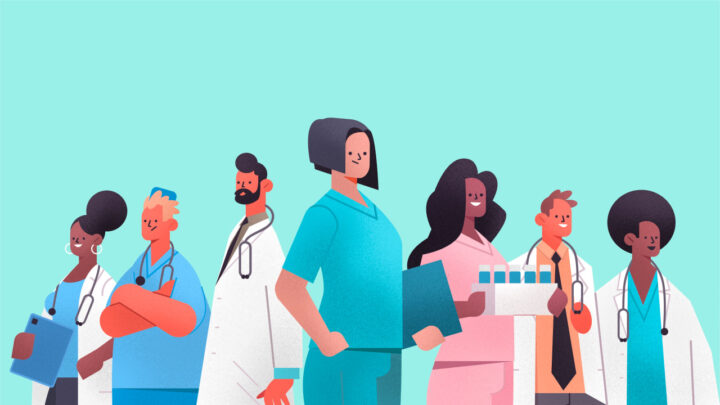
The recent time change in the U.S. and Canada from daylight saving time to standard time was a difficult transition for many. Critics of the time switch point to studies that have shown an increase in depression, workplace injuries, and traffic accidents in the days that follow the time change. The debate in the U.S. is gaining steam—should we eliminate the time change altogether?
In a recent poll of 470+ global Sermo physicians, 84% said yes, we should eliminate the time change altogether. And 78% said their patients would like to eliminate the time change.
Although this debate is not new, it is increasing in urgency and attention. In March 2022, the US Senate approved the bipartisan Sunshine Protection Act. If passed, this would make daylight saving time permanent. Daylight hours would extend longer in the evenings in exchange for darker mornings between the months of November and March. At the moment, the bill is stalled in the House. But the plan is for this to go into effect starting in 2023—after the time change to daylight saving in March, it would not change back.
When asked which is healthier for humans—daylight saving time or standard time—physicians were split: 53% said daylight saving time is healthier and 47% said standard time.
Regarding the side effects of the time change, 55% of physicians have seen a rise in depression and 50% have seen accidents increase.
Forbes reports, “Critics of the semi-annual switch also point out the process of changing the clocks twice a year has been linked to increases in traffic accidents, robberies, workplace injuries and heart attacks in the days that follow the shift—a 2004 study published in Accident, Analysis and Prevention also found permanent daylight saving would decrease vehicle deaths by more than 350 per year.”
Below, Sermo physicians from around the world share more of their professional insights, perspectives, and opinions on the time change—in their own words:
“I read an article from neurology outlining the benefits of staying in standard time with people getting early morning light exposure one hour earlier than in Day Light savings time and that this was helpful with circadian rhythms issues of sleep and I think depression.”
Family Medicine, US
“I vote Standard Time. First, where I live, if DST is applied during winter, school kids will be in total darkness until 9:30-10:00 am. Also, a large portion of healthy REM sleep occurs about 30 minutes before sunrise. Finally, if public health and government “authorities” want it, it’s probably bad for us. Fool me once…”
Ophthalmology, US
“In my opinion, any change in baseline circadian rhythms every 6 months is problematic and supported by plenty of epidemiologic data that document increases in cardiac events on the day, days following “losing” an hour. Pick a time, preferably standard, and stick with it year round.”
Emergency Medicine, US
“Time change makes many people’s sleep disturbed for days to weeks. It is better to have one time year around. I like daylight saving time as it gives me more sun and energy.”
Internal Medicine, US
“Dark skies do not work for me upon awakening. I find that depressing and unlikely to help my attitude towards work. Of greater concern: students who wait at bus stops in the dark.”
Psychiatry, US
“American Academy of Sleep Medicine recommends with the support of studies that Standard Time is the best option!!!”
Anesthesiology, US
“In Venezuela on 2 occasions, they have made a time change with a difference of 30 minutes and caused greater fatigue and exhaustion in the first weeks, and then our body adapted.”
Pediatrics, Venezuela
“Prefer permanent DST without switching up and back.”
Rheumatology, US
“I think that the time change has its usefulness and importance. Not only for the environment but also for us. Using more sunlight to save electricity…among other things, these are elements that demonstrate its validity. Standard hours are healthier from a medical point of view, but seasonal hours have their uses in health care.”
General Practitioner, Cuba
“If we are so concerned with energy conservation these days the choice is a no brainer. DST was incepted for this very reason. In addition, longer daylight hours encourage more outdoor activity, not to mention the favorable effect on the many who experience Seasonal Affective Disorder. Coing home in what feels like the middle of the night/bedtime is a downer. The Senate, thank God, has already passed the Sunshine Act. Hopefully the House will follow and we can enjoy DST all year long. Unfortunately there are powerful lobbies such as the farmers, who apparently resist this but hopefully we will prevail.”
Psychiatry, US
“The change is at least a little annoying. They do it to save energy. I have always liked light, spring and summer. Honestly except for the first days of adaptation after there are no problems. I have not seen any pathology related to this modification.”
General Practitioner, Spain
“Sorry – keep it the way it is. No biggie – people just have too many things to complain about …. when you make that change (for no real reason) the law of unintended consequences will hit hard. Of the top of my head, I can think of summer kids sports would have to require lights being installed at fields (baseball, soccer, etc.) as presently, the local leagues can get enough time to play games before the sun goes down. If DST goes away, these fields will need lights – which need power – which will then KILL the earth …. according to the experts.”
Family Medicine, U.S.
“The worst is permanent daylight saving time. To me, it’s uncertain if standard time year round or the current system is better. I believe standard time year round in slightly better. How about if the 48 states in the Continental U.S. had only 2 time zones, Pacific and Central time?”
Ophthalmology, US
“Many of my pediatric patients develop sleep issues with the time changes. Animals adapt so why can’t we without time changes? I believe a lot is politicised.”
Pediatrics, Australia
Everyday thousands of Sermo member physicians from diverse backgrounds and experiences exchange knowledge with each other. Sermo is the original medical social network that empowers today’s physicians. Over 1 million fully verified physicians across more than 150 countries come to our platform to talk with peers, participate in paid medical studies, solve challenging patient cases, contribute to the world’s largest database of drug ratings – and enjoy a few laughs along the way.
Interested in more? Check back any time and follow us on Facebook, Twitter, and LinkedIn for the latest and greatest in physician insights.
Are you a physician or healthcare practitioner?
Explore the many benefits of joining Sermo’s medical community and sign up for free today.








